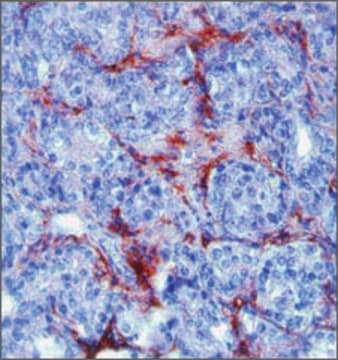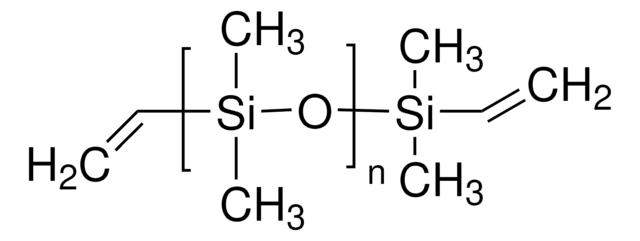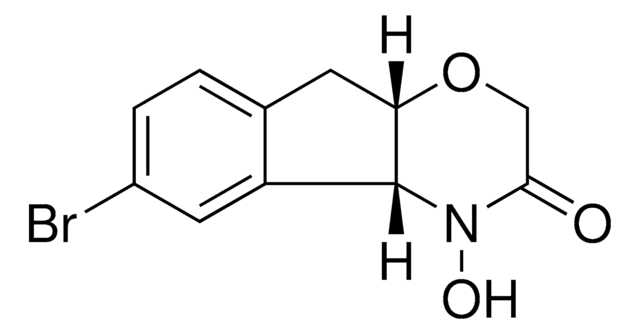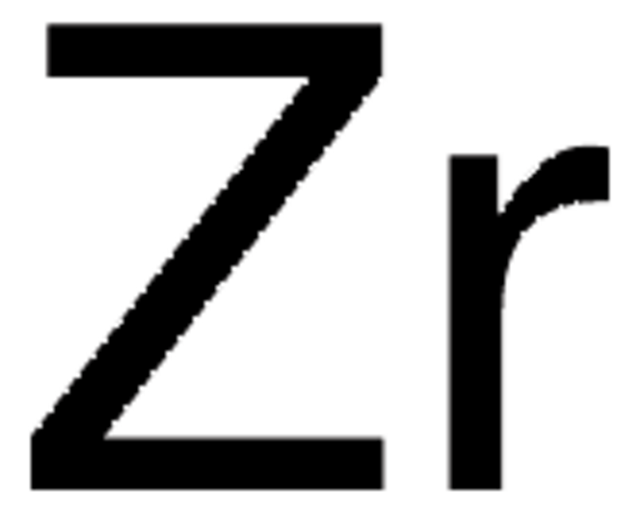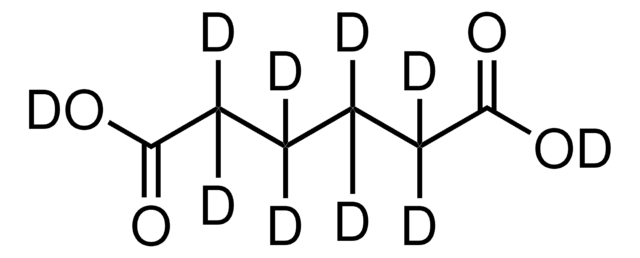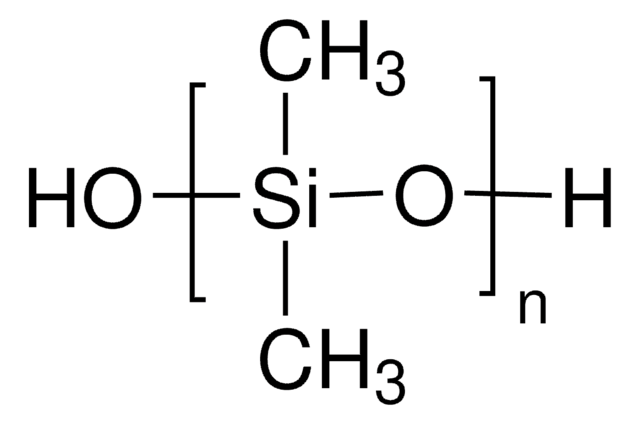ABE1943
Anti-HOXB13 Antibody
from rabbit, purified by affinity chromatography
Synonym(s):
Homeobox protein Hox-B13, HOXB13
About This Item
Recommended Products
biological source
rabbit
Quality Level
antibody form
affinity isolated antibody
antibody product type
primary antibodies
clone
polyclonal
purified by
affinity chromatography
species reactivity
human
technique(s)
immunocytochemistry: suitable
immunohistochemistry: suitable
western blot: suitable
NCBI accession no.
UniProt accession no.
shipped in
wet ice
target post-translational modification
unmodified
Gene Information
human ... HOXB13(10481)
General description
Specificity
Immunogen
Application
Immunocytochemistry Analysis: A representative lot detected HOXB13 nuclear expression in MDA PCa 2b and LNCaP, but not PC3 or DU145, human prostate cancer cell lines (Kim, Y.R., et. al. (2010). Mol Cancer. 9:124).
Immunohistochemistry Analysis: A representative lot detected differential HOXB13 expressions among various androgen-dependent (AD) and androgen-independent (AI) human prostate cancer tissues (Kim, Y.R., et. al. (2010). Mol Cancer. 9:124; Kim, Y.R., et. al. (2014). Oncogene. 33(37):4558-4567).
Quality
Western Blotting Analysis: 0.2 µg/mL of this antibody detected HOXB13 in 10 µg of LNCaP cell lysate.
Target description
Physical form
Other Notes
Not finding the right product?
Try our Product Selector Tool.
Storage Class
12 - Non Combustible Liquids
wgk_germany
nwg
flash_point_f
Not applicable
flash_point_c
Not applicable
Certificates of Analysis (COA)
Search for Certificates of Analysis (COA) by entering the products Lot/Batch Number. Lot and Batch Numbers can be found on a product’s label following the words ‘Lot’ or ‘Batch’.
Already Own This Product?
Find documentation for the products that you have recently purchased in the Document Library.
Our team of scientists has experience in all areas of research including Life Science, Material Science, Chemical Synthesis, Chromatography, Analytical and many others.
Contact Technical Service
